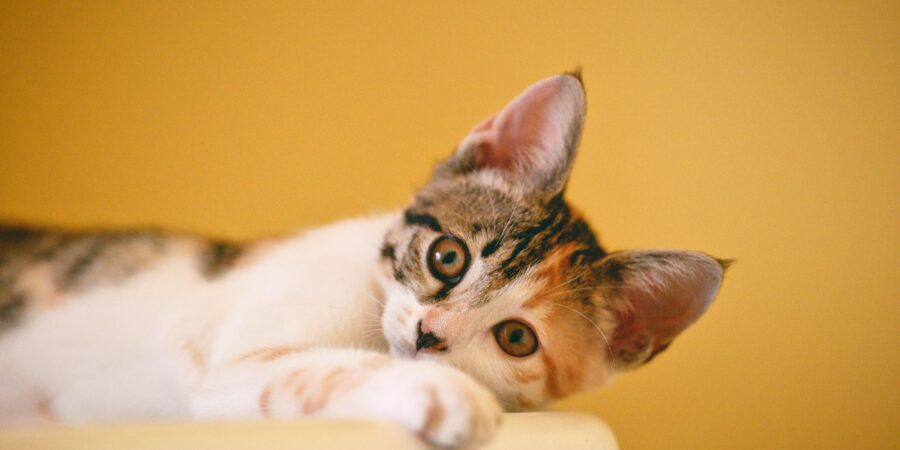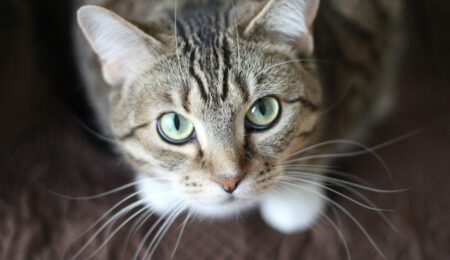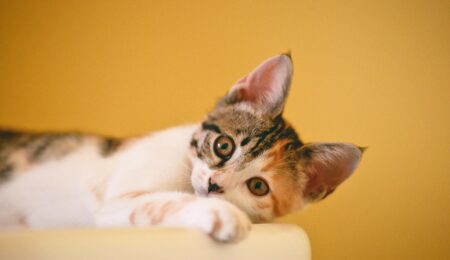Feeding time should be a simple routine, but for many cat owners, it can turn into a daily challenge when their feline refuses to eat—or only eats a very limited range of foods. If you’re dealing with a picky eater cat, you’re not alone. Cats are notorious for being finicky, but there are ways to encourage healthy eating habits and make mealtime less stressful.
Here’s how to handle a picky eater cat with patience and practical tips.
🤔 Why Is My Cat a Picky Eater?
Cats’ food preferences can be influenced by:
- Texture and flavor — Cats may prefer pate over chunks or vice versa.
- Smell sensitivity — Cats rely heavily on smell to decide if food is appealing.
- Previous negative experiences — Illness or upset stomachs linked to certain foods.
- Health issues — Dental pain, gastrointestinal problems, or other medical concerns.
- Stress or environment — Changes in routine, location, or other pets can impact appetite.
If your cat suddenly becomes picky or refuses to eat, consult your vet to rule out health problems.
🐾 Tips to Encourage a Picky Eater Cat to Eat
1. Stick to a Feeding Schedule
Offer food at regular times instead of free-feeding. Remove uneaten food after 20-30 minutes to encourage hunger at the next meal.
2. Warm Up the Food
Heating wet food slightly enhances aroma and makes it more enticing. Be careful not to overheat—it should be lukewarm.
3. Experiment with Texture and Flavor
Try different textures: pate, chunks in gravy, shredded, or minced. Rotate flavors like chicken, fish, or beef to find your cat’s favorite.
4. Add Toppers or Mix-Ins
Sprinkle a little tuna juice, chicken broth (unsalted), or a commercial food topper to increase palatability.
5. Avoid Sudden Changes
Introduce new foods gradually by mixing small amounts with the old food over several days to prevent rejection.
6. Provide Fresh Water
Sometimes cats eat less if they’re dehydrated. Make sure fresh water is always available, or try a cat water fountain.
7. Make Mealtime Calm and Quiet
Feed your cat in a peaceful environment without distractions or other pets nearby.
🚫 What to Avoid
- Don’t force-feed your cat unless directed by a vet.
- Avoid offering too many treats or human food, which can spoil their appetite.
- Don’t change diets too quickly or frequently—it can cause digestive upset.
🏥 When to See a Veterinarian
If your picky eater:
- Refuses food for more than 24-48 hours
- Shows weight loss or lethargy
- Has vomiting or diarrhea
- Exhibits signs of pain or dental issues
Seek veterinary care promptly, as prolonged fasting in cats can lead to serious health complications.
🏁 Final Thoughts
Handling a picky eater cat requires patience, observation, and sometimes a bit of creativity. By understanding your cat’s preferences, maintaining a calm feeding routine, and ruling out medical causes, you can help your feline friend enjoy their meals and maintain good health.




